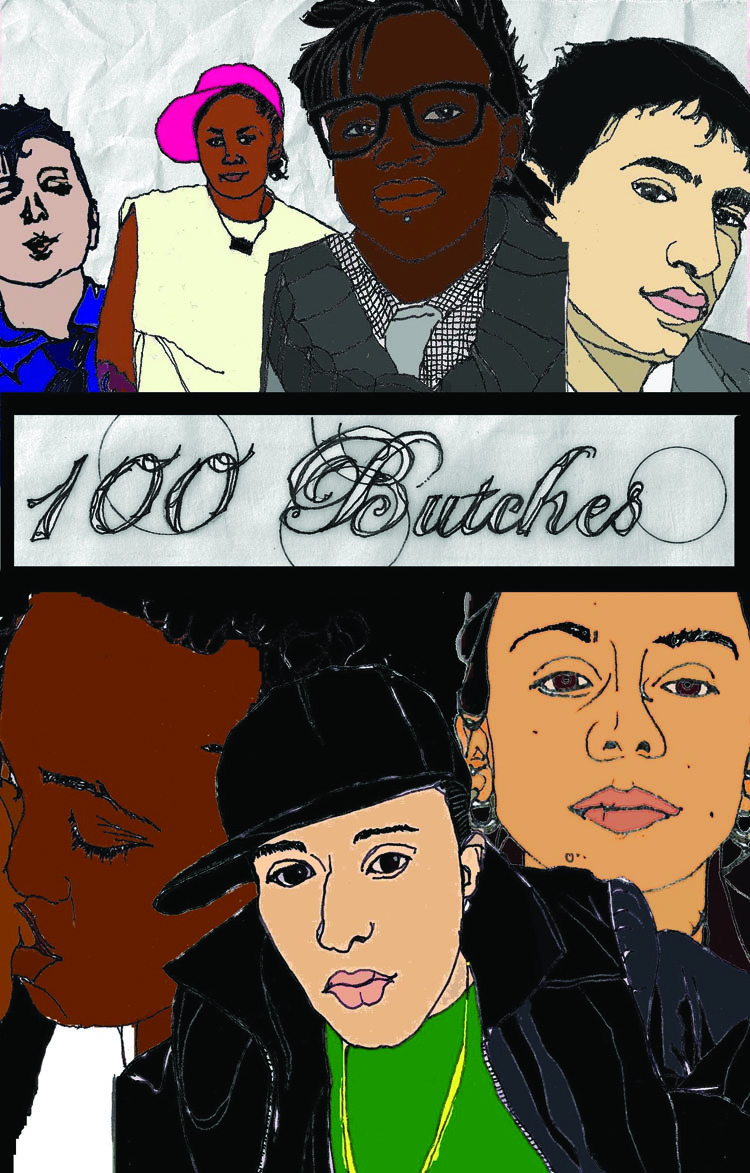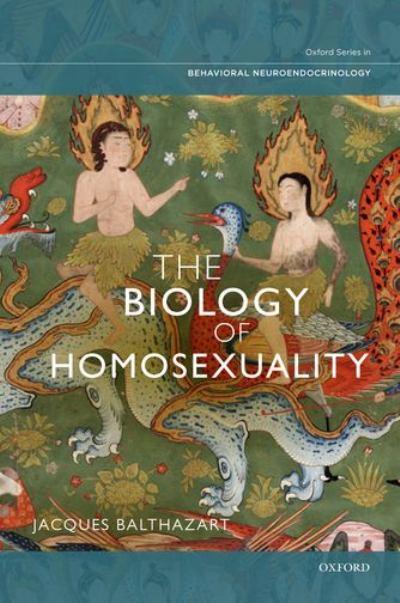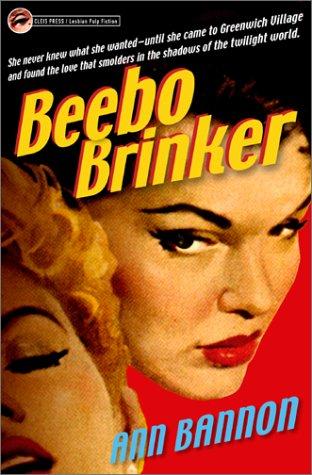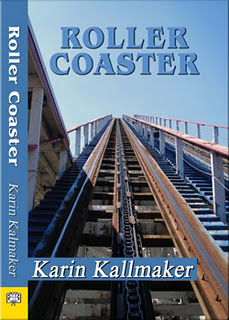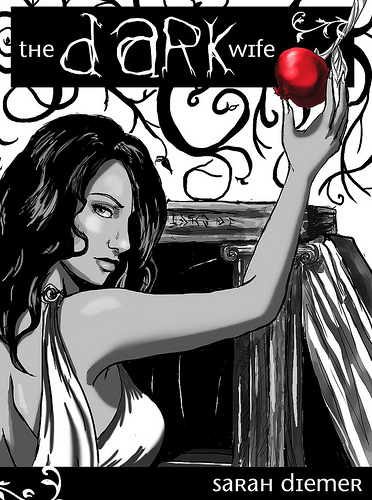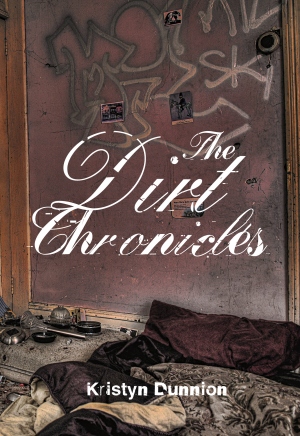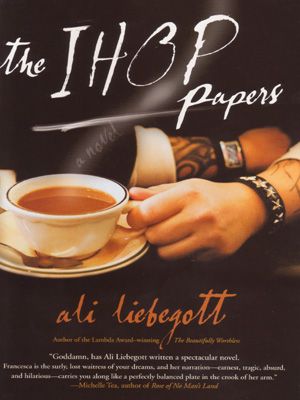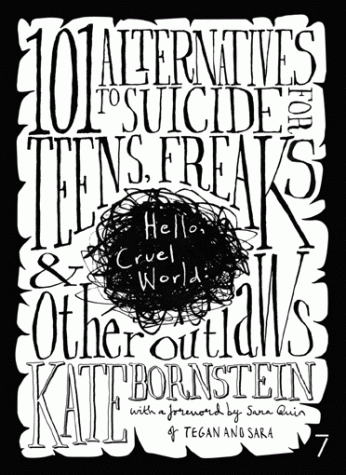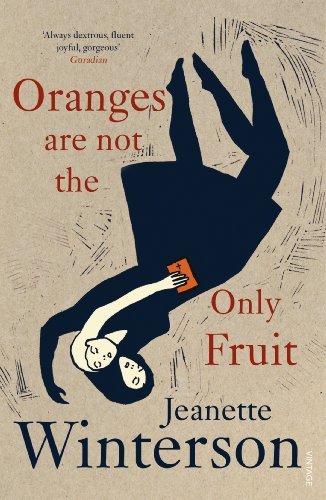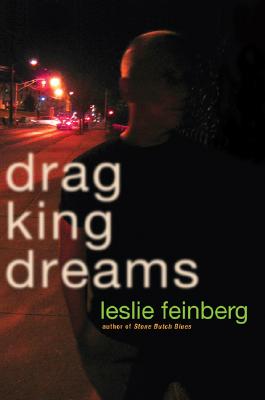 Another stack of les/etc books I haven’t read yet. But here’s why I want to read them!
Another stack of les/etc books I haven’t read yet. But here’s why I want to read them!
Lucy Jane Bledsoe was a Lambda Literary Award finalist, which is always a good place to start to look for les/etc books, and also won the 1998 American Library Association’s Gay, Lesbian, and Bisexual Award for Literature. Working Parts is about a bike mechanic with a lifelong struggle with illiteracy. I like books with literature subplots because I’m that much of a bookworm that I want books in my books.
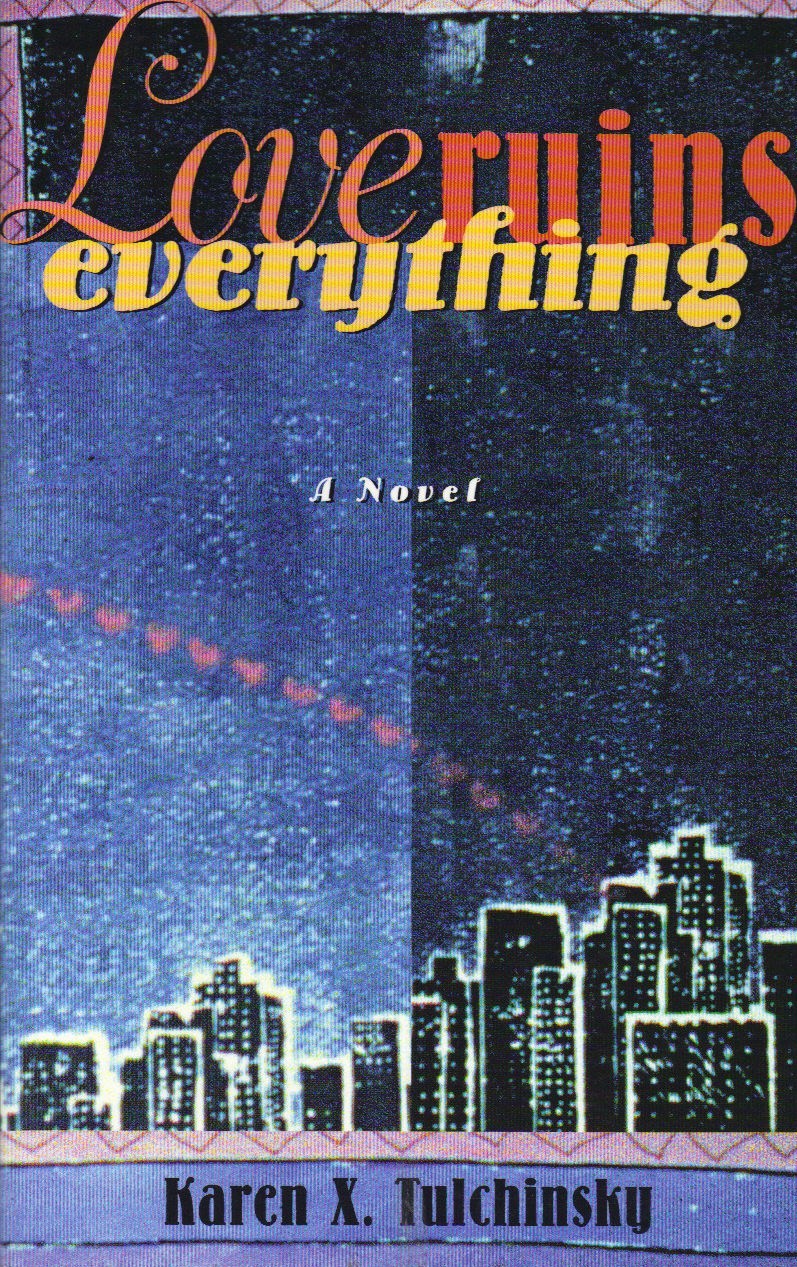 Women On Women: An Anthology of Lesbian Short Fiction was a book I could’ve gotten from the library, but someone on Librarything offered to let me mooch it on Bookmooch and I just couldn’t resist the chance to own it. It has stories from Dorothy Allison, Sapphire, Leslea Newman, Sarah Schulman, Lee Lynch, Jacqueline Woodson, and more. What more can I say?
Women On Women: An Anthology of Lesbian Short Fiction was a book I could’ve gotten from the library, but someone on Librarything offered to let me mooch it on Bookmooch and I just couldn’t resist the chance to own it. It has stories from Dorothy Allison, Sapphire, Leslea Newman, Sarah Schulman, Lee Lynch, Jacqueline Woodson, and more. What more can I say?
Love Ruins Everything is a fantastic name for a book, plus I have an autographed copy. The back cover doesn’t describe much about the book, but one review says it “takes lesbian camp to new and hilarious heights”. I love lesbian camp! D.E.B.S. and But I’m A Cheerleader are two of my favourite lesbian movies!
A Man and Two Women, judging from the title, is not the sort of queer book I usually pick up, but I really want to give one of Doris Lessing’s books a try, because she’s such a famous author. You know, now that I started googling this, I’m not sure this book actually has any queer content, but there’s usually a good reason a seemingly straight books ends up in my les/etc stacks. Has anyone read it and can tell me?
Letters of Alice B. Toklas: Staying On Alone is obviously a collection of Alice B. Toklas’s letters, but they are all letters 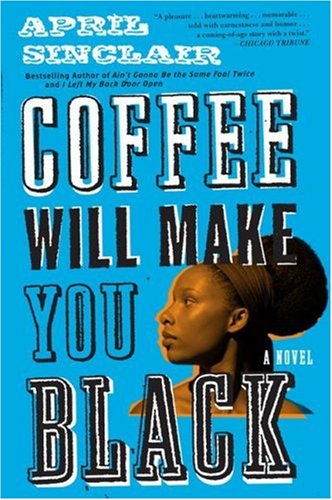 that were written after her longtime companion–Gertrude Stein–died. I think I’ll have to The Autobiography of Alice B. Toklas first, though.
that were written after her longtime companion–Gertrude Stein–died. I think I’ll have to The Autobiography of Alice B. Toklas first, though.
Short Rides by Wendy Borgstrom should just be some fun erotica (nuns! bikers! cowgirls!).
Coffee Will Make You Black by April Sinclair is one I’ve been wanting to read for a while. I really want to expand my lesbian reading out of the genre I’ve been stuck in (middle class, white, cis, abled, “literary fiction”, etc), and from what I’ve heard, this is a great black lesbian novel.
Wanderground: Stories of the Hill Women by Sally Miller Gearhart sounds like it will be one of those fantasy lesbian utopia books, which I’ve heard about, but have never actually read one. A society entirely composed of lesbians! Who can resist that.

